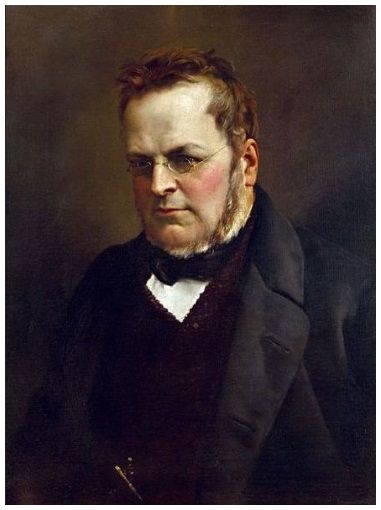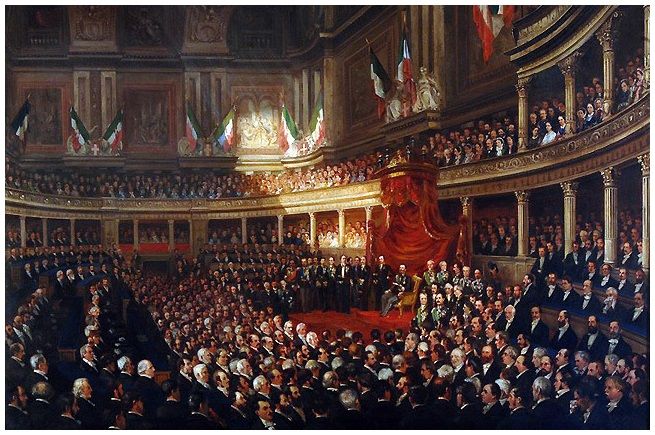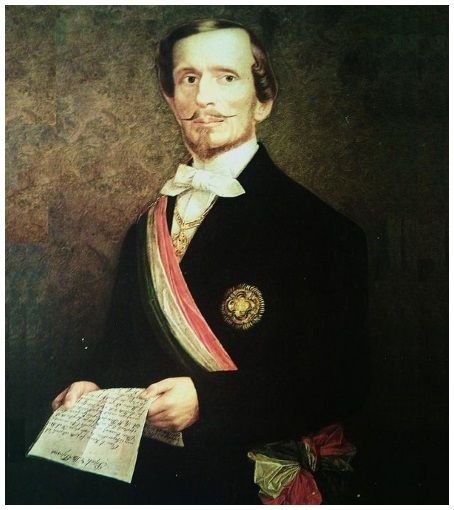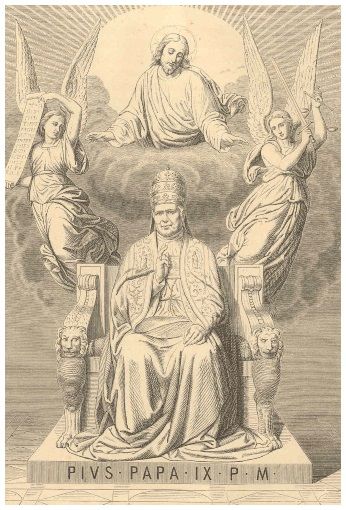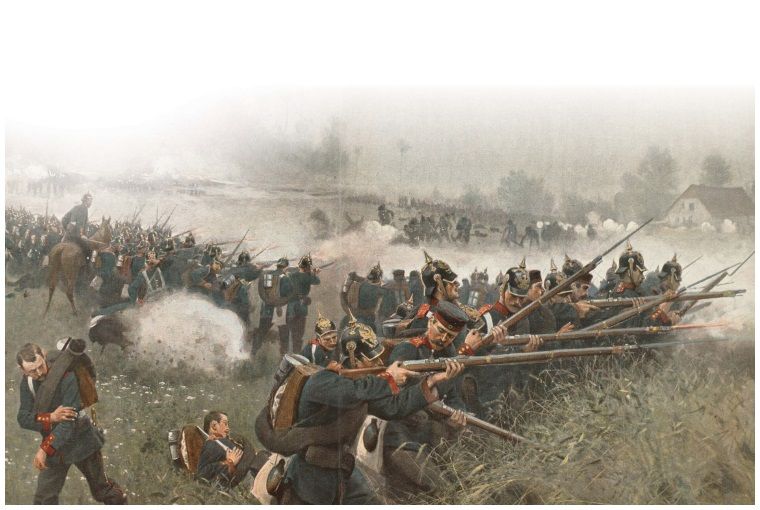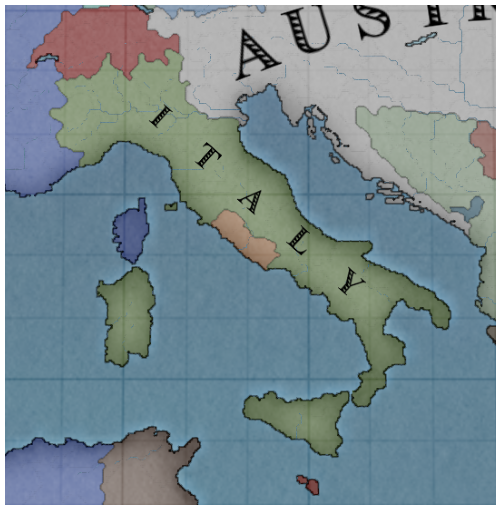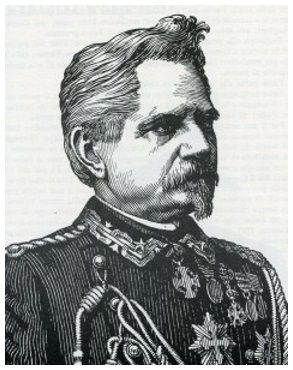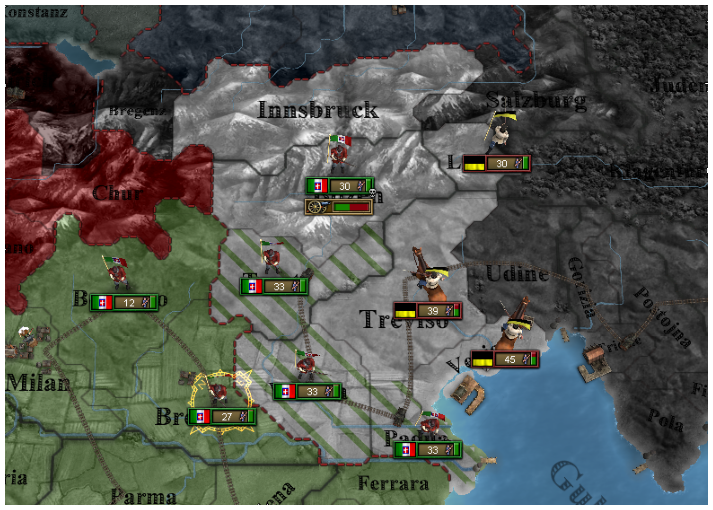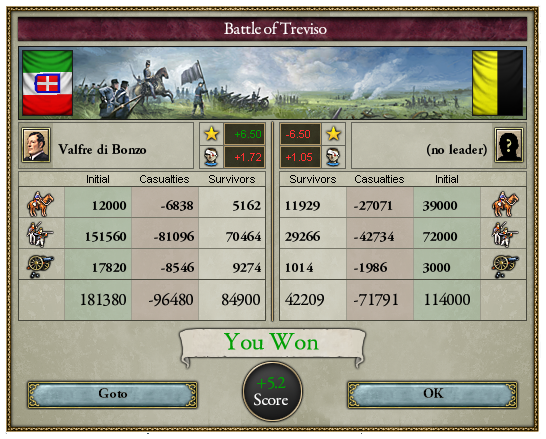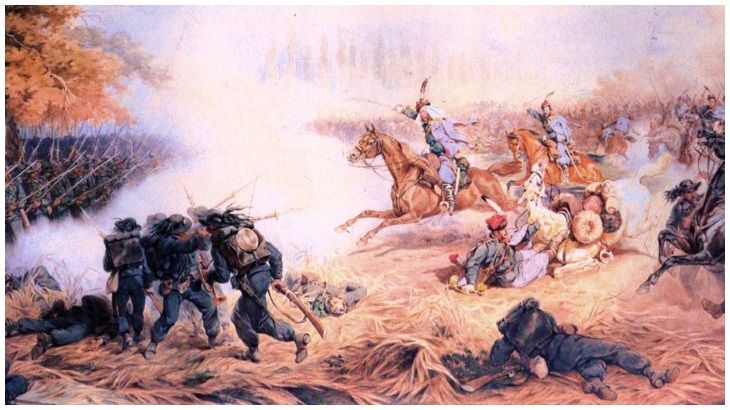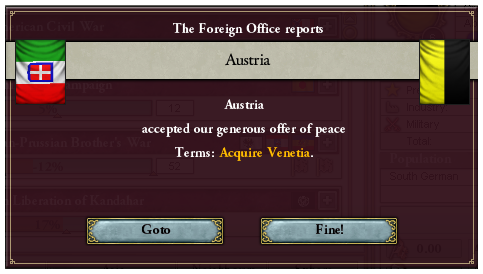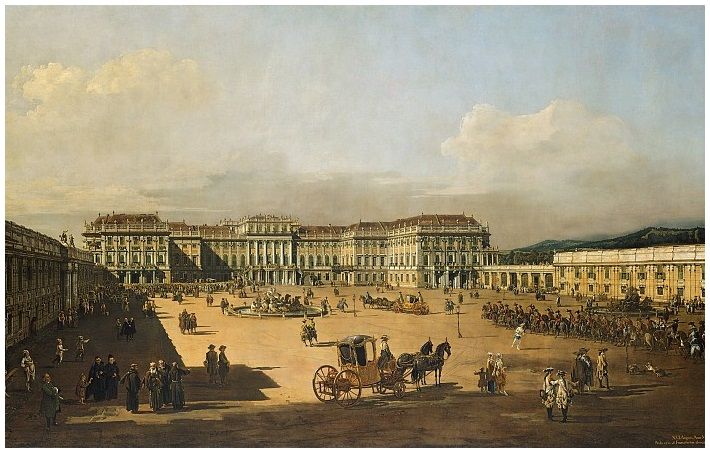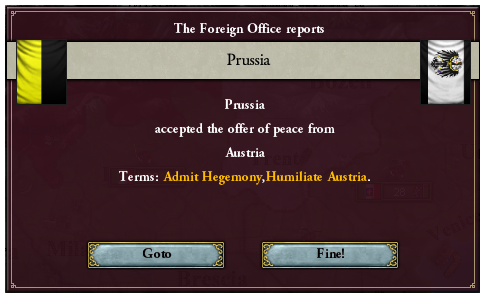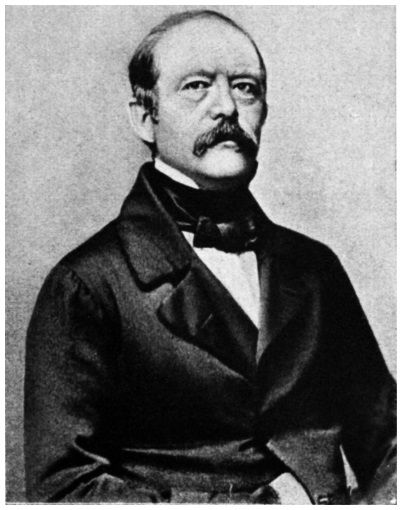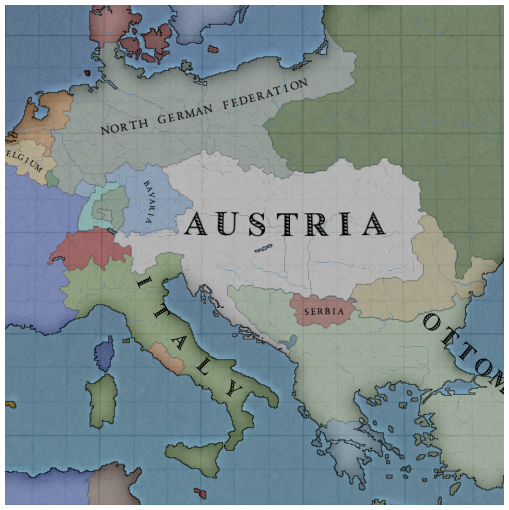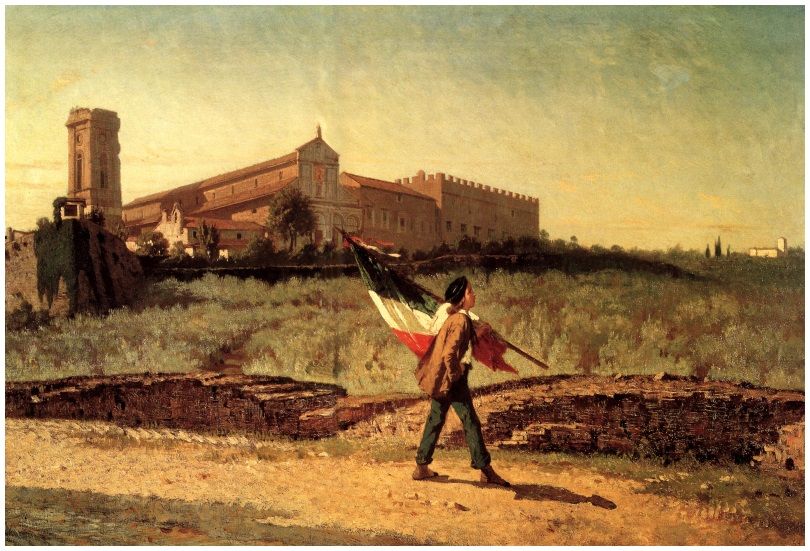
Forza Italia!
"You may have the Universe, give me only Italy."
- Giuseppe Verdi
Risorgimento
I. New Beginnings
II. Venetian War (1861-1862)
III: Treaty of Schönbrunn
IV: Election of 1863
V: The Ricasoli Ministry
VI: Hungary and Rome
VII: The Triple Alliance
VIII: War of 1872
IX: Taranto
X: Treaty of London
Imperialismo
XI: Boxer Rebellion
XII: Year of the Three Kings
XIII: Tunisian War
XIV: Club Africano
Appendix 1: Italy in 1880
I. New Beginnings
II. Venetian War (1861-1862)
III: Treaty of Schönbrunn
IV: Election of 1863
V: The Ricasoli Ministry
VI: Hungary and Rome
VII: The Triple Alliance
VIII: War of 1872
IX: Taranto
X: Treaty of London
Imperialismo
XI: Boxer Rebellion
XII: Year of the Three Kings
XIII: Tunisian War
XIV: Club Africano
Appendix 1: Italy in 1880
Last edited:


